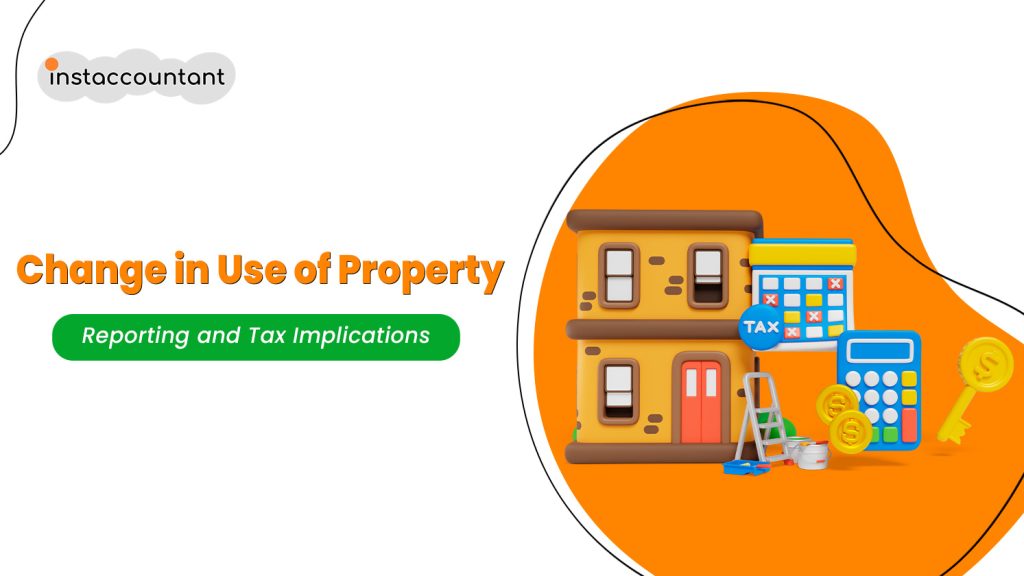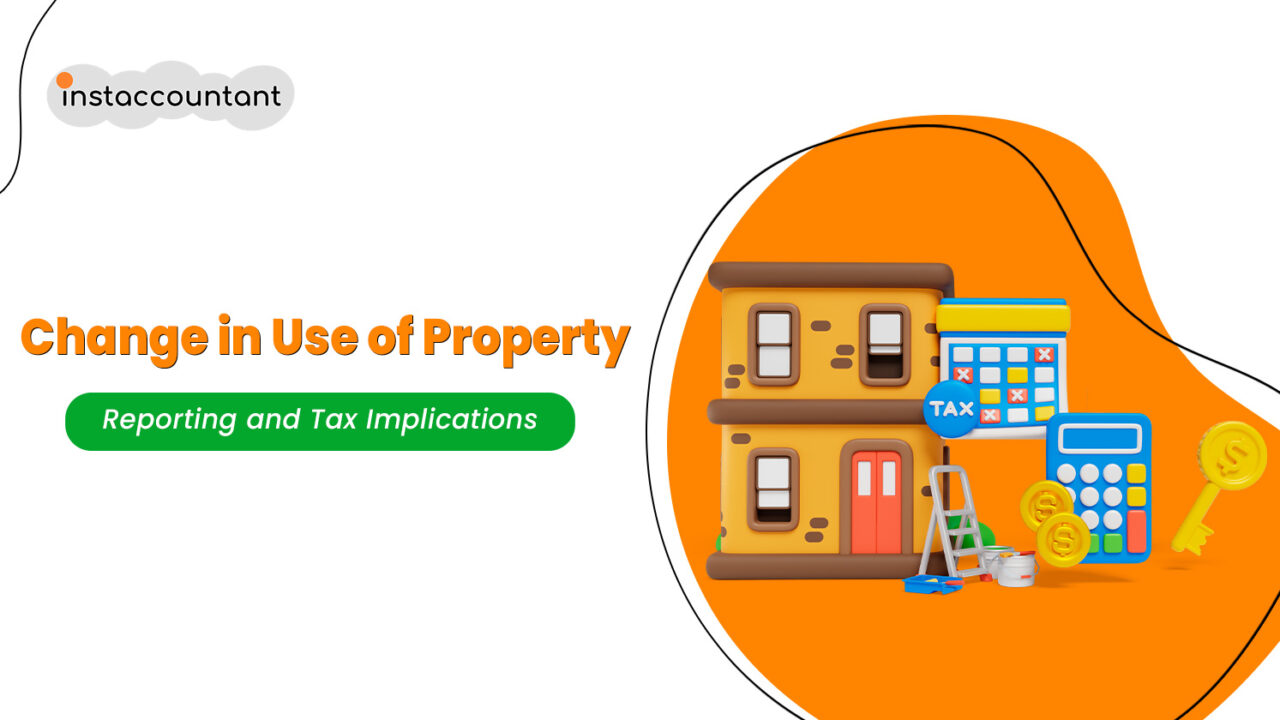When it comes to real estate and taxes in Canada, the rules can seem daunting, especially when you’re faced with a situation you haven’t navigated before. For instance, what happens tax-wise when you move out of your home and start renting it out, or perhaps move back into a property you were once renting to others? Let’s dive into the process and clarify what you need to do to stay on the right side of the tax laws.

Understanding the Concept of Change in Use
First, it’s critical to understand what is referred to as a “change in use”. The CRA defines a principal residence as the property you ordinarily live in and consider your home. When this property transitions to a rental property, or vice versa, a “change in use” is triggered. What many may not realize is that the Canada Revenue Agency (CRA) considers this to be a sale and immediate re-purchase of the property at its current fair market value (FMV), even though no actual sale takes place. This is what’s known as a deemed disposition.
The moment your property undergoes a change in use, you must report it on your tax return. This is not only mandatory but also important for your records and future tax implications. So, where do you start?
When Does a Change in Use Occur?
Here are some common scenarios that trigger a deemed disposition for property use:
- You move out of your principal residence and start renting it out to tenants.
- You move into a property you previously used as a rental property and make it your principal residence.
- You convert a portion of your principal residence into a rental unit (e.g., basement apartment).
Tax Implications of Changing Use: Principal Residence to Rental Property
This scenario can generate capital gains or losses depending on the property’s FMV.
- Capital Gain: If the FMV has increased since you purchased the property, you’ll have a capital gain. However, the portion of the gain relating to the years you lived in the property as your principal residence is typically exempt from taxation under the principal residence exemption. Only the portion of the gain associated with the rental period is taxable.
- Capital Loss: If the FMV has decreased, you’ll have a capital loss. Unfortunately, capital losses on principal residences cannot be claimed on your tax return.
Tax Implications of Changing Use: Rental Property to Principal Residence
Transitioning a rental property back to your principal residence offers tax benefits:
- Deferral of Capital Gains: You can elect to postpone reporting any capital gain associated with the property until you eventually sell it. This allows you to take advantage of the principal residence exemption again.
- Continued Capital Cost Allowance (CCA) Reclaims: Even when using the property as your principal residence, you can continue to claim any remaining Capital Cost Allowance (CCA) deductions accrued during the rental period.
Tax Reporting Requirements for a Change in Use
When a change in use occurs, you may be required to report the resulting capital gain or loss on your tax return for the year the change happened. This can have significant tax implications depending on the property’s FMV and your previous use of it.
Here are some key considerations:
- Principal Residence Exemption: If the property was previously your principal residence for any period, you may be eligible for the principal residence exemption, which exempts a portion of the capital gain from taxation. However, you’ll need to calculate the exempt portion based on the time you used it as your primary residence.
- Partial Change in Use: If only a portion of your property changes use (e.g., converting part of your home into a home office), then the deemed disposition and reacquisition apply only to that specific portion.
- Fair Market Value (FMV): Determining the FMV of your property at the time of the change in use is crucial for calculating the capital gain or loss. This can be done through a professional appraisal or by researching what similar properties in your area are selling for.
- Inform the CRA: You need to inform the CRA about the change in use by completing and filing a T2091(IND) form if you’re designating the property as your principal residence for any year. There is also a section in your tax return where you report the disposition of property.
- Pay the Tax: If there’s an increase in the value of your property from the time you bought it to the time of the deemed disposition, you may have a capital gain, which is taxable. However, you may be eligible for the Principal Residence Exemption if the property was your principal residence for all the years you owned it, or for all years except one – the ‘one plus’ rule.
- Report Rental Income: From the time your property starts earning income, you must report all rental income on your tax returns each year.
Strategies for Minimizing Tax Impact
The good news is that the Canada Revenue Agency (CRA) offers options to potentially minimize the tax impact of a change in use.
- Elections: The CRA allows taxpayers to file elections under specific circumstances. These elections, such as subsection 45(2) or 45(3) of the Income Tax Act, can help defer the capital gains tax implications until you actually sell the property. However, specific requirements and deadlines apply for these elections, so consulting with a tax professional is highly recommended.
- Record Keeping: Maintaining detailed records of your property’s purchase price, renovations, and any other relevant expenses is crucial. This documentation will be helpful in calculating the adjusted cost base (ACB) of your property, which can ultimately reduce your capital gain.
- Capital Cost Allowance: As a landlord, you’re allowed to deduct expenses to earn rental income, and this includes the capital cost allowance (CCA) for the depreciation of your property. However, be cautious; if you claim CCA, you could be reducing your property’s adjusted cost base, possibly increasing your capital gain when you sell the property in the future.
Missed Reporting and Amending Returns
If you’ve previously experienced a change in use and failed to report it on your tax return, there’s still a chance to rectify the situation. You can amend your past tax returns to report the change in use, potentially incurring some penalties for late filing.
Conclusion
By following these steps, you can ensure that you’re fulfilling your tax obligations correctly when dealing with a property that has undergone a change in use. By being aware of the reporting requirements and available strategies, you can navigate these changes effectively and minimize potential tax burdens. Proper reporting and documentation are essential to avoid potential issues with the CRA and to make good use of the tax rules that apply to real estate.
Consulting with a qualified tax professional is highly recommended to determine the best approach for your specific situation.




